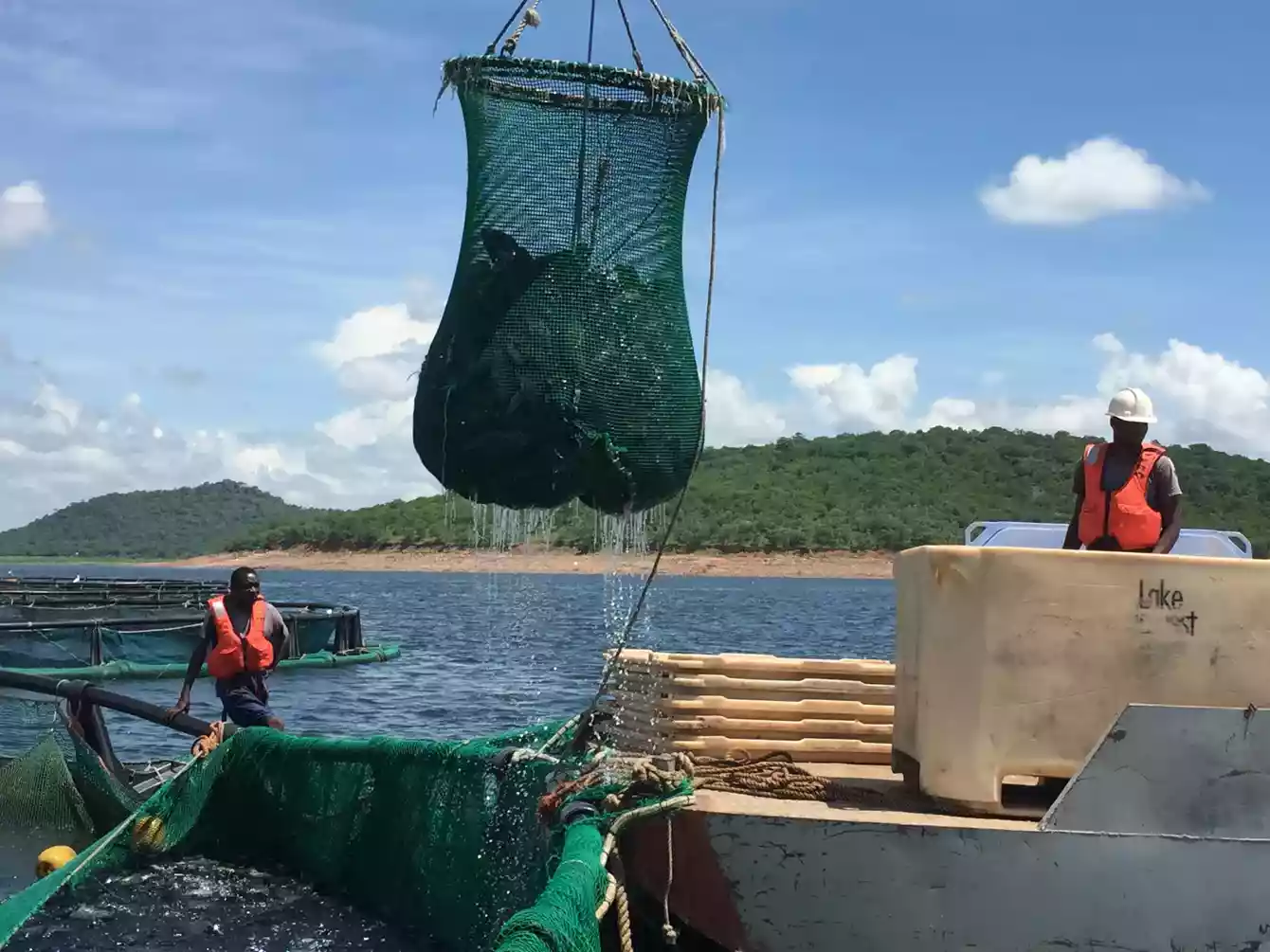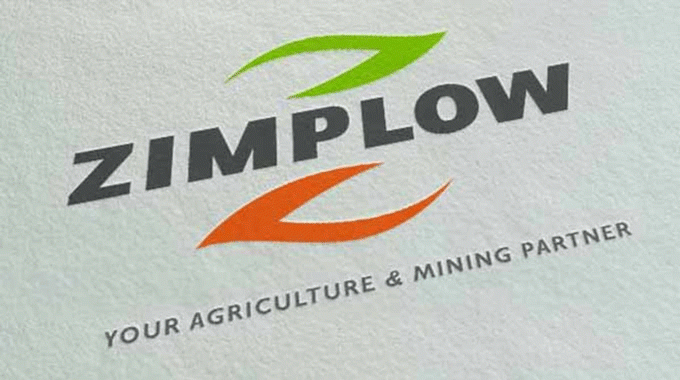
LAKE Harvest Aquaculture, a major player in tilapia fish farming based at Lake Kariba, has entered into a merger with Mozambique-based Chicoa Fish Farm, following years of financial turbulence.
The partnership, finalised about two weeks ago, aims to stabilise Lake Harvest’s operations and defend its market position in the region.
According to a term sheet obtained by the businessdigest, the merger comes at a crucial time for Lake Harvest, which has been grappling with mounting debts and declining production volumes over the past decade.
While the financial details of the July 26 transaction remain undisclosed, it is understood that the deal is currently undergoing regulatory approvals before a formal announcement is made.
As part of the merger, Lake Harvest will combine its assets — including its Tilapia farm located on the eastern end of Lake Kariba — with Chicoa’s operations.
The newly formed entity will be rebranded as Mvuvi Holdings, with “Mvuvi” meaning fisherman in Swahili.
Additionally, two of Lake Harvest’s largest creditors will be given the option to convert their debts into equity in the new company.
"We have signed (an) agreement between the shareholders that will lead to the merger of Chicoa and Lake Harvest," Gerry McCollum, chief executive officer of the new business, said in a note to staff.
- Lake Harvest hit by low production levels
- Lake Harvest finds suitor after financial turbulence
Keep Reading
"We do not have a legal deal yet as there are a number of steps to complete before that happens.
“So we won't be making any announcement until we have the actual legal deal.
“I would ask that while our teams may be aware we are working closer together, we don't actually call it a merger or discuss outside the organisation until the deal is legal.
“Nonetheless, since we have an agreement among the shareholders, we should begin the process to see how we can align the two business units. I am really excited about the opportunity this presents to us.
“We can begin to understand how each of us has developed over the years. We have been subjected to different outside forces and different experiences and knowledge. We will then understand both businesses and then choose the best aspects,” he said.
Chicoa, which operates from Lake Cahora Bassa in Mozambique, has a mission to address protein deficits in Sub-Saharan Africa through its Tilapia farming initiatives. Lake Harvest, part of the Mauritius-domiciled Lake Harvest Group, has a significant presence in nine African countries.
It started operations on Lake Kariba in 1997 and quickly became one of the region’s leading fish farming enterprises.
However, internal documents obtained by the Independent reveal that Lake Harvest has faced severe challenges in recent years. Production fell from 8 700 tonnes in 2015 to 5 400 tonnes in 2017 and is projected to drop below 2 000 tonnes this year.
A recovery to 5 000 tonnes is anticipated by 2028.
The business has undergone two phases of turnaround plans, according to a document titled What went Wrong and What needs to be Done?
“The business has suffered numerous challenges including poor cash-flow emanating from poor sales and debt collection, insufficient capital expenditure reducing efficiencies, inadequate feeding emanating from poor cash-flow and timing of funding and high cost of production, making the product less competitive,” reads the document, in part.
It also says the business has been affected by high mortality rates and leakages in distribution companies, along with misalignments between distribution operations and the farm.
“The entry of Yalelo and Zamfresh in the Zambian market and parts of the Zimbabwean market has resulted in price wars which have seen volumes decline by 71% from 2015…(In) January 2022, stocks, dues by LHD (Lake Harvest Distribution) were equivalent to feed creditors but could not cover legacy debts,” the report further states.










